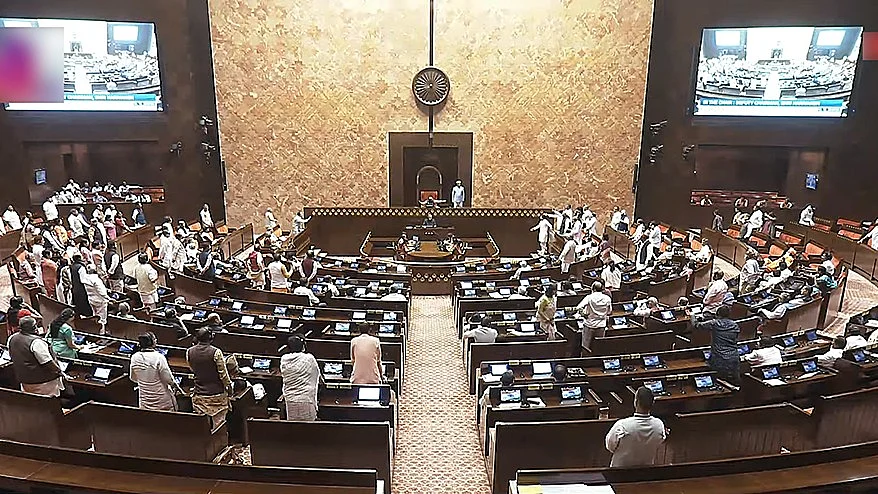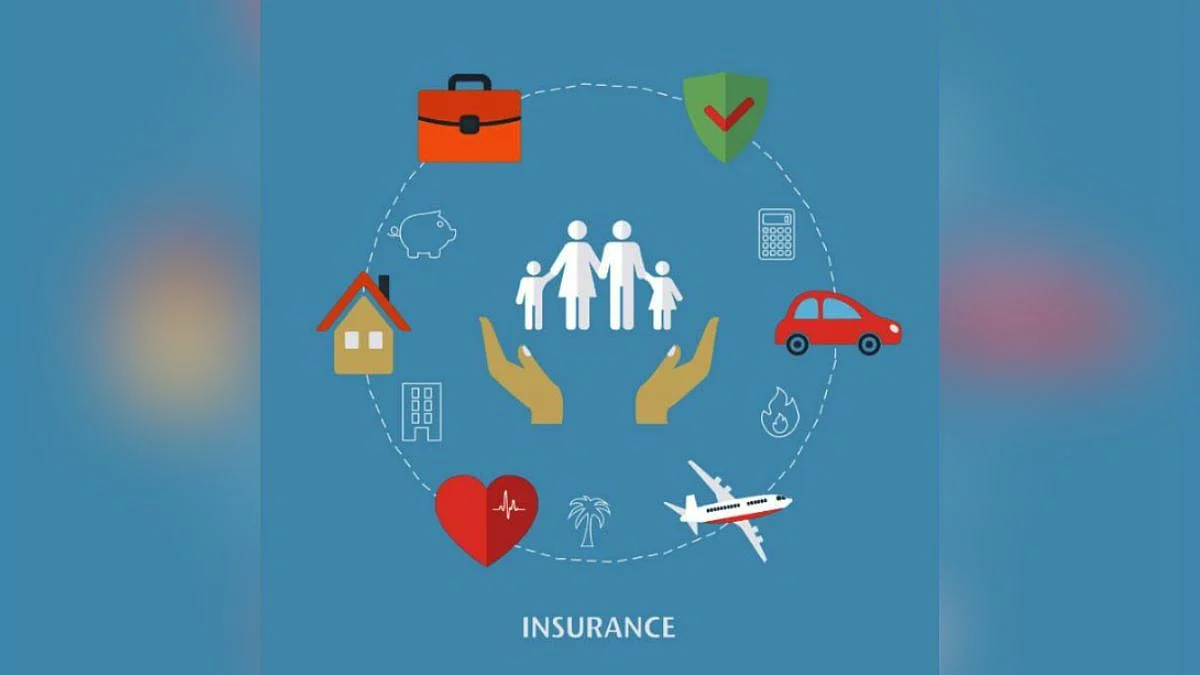From being a technical issue to becoming a crucial business function, cybersecurity has changed. With the advancement of technology and the increasing sophistication of cyber threats, organizations are now prioritizing strategies to protect their critical assets.
One of the most pivotal areas of focus is incident response (IR) and threat intelligence (TI). These elements play a crucial role in preventing, detecting, and responding to cyber threats before they can cause substantial damage to an organization's infrastructure and reputation.
As cybersecurity threats become more sophisticated, organizations must not only have the technical defenses in place but also the ability to rapidly respond when an incident occurs. Mohammed Mustafa Khan, an expert in the field of cybersecurity, has made significant strides in strengthening cybersecurity frameworks, particularly in the areas of incident response and threat intelligence.
Khan’s professional journey has seen him lead various initiatives that have improved cyber resilience within organizations. His efforts, particularly in creating a proactive security framework, have been instrumental in mitigating cyber risks across sectors, with a notable impact on the transportation industry.
Throughout his career, Khan has successfully identified and mitigated significant cybersecurity incidents, ensuring minimal downtime and reducing the exposure of sensitive data. His work in designing and implementing a more efficient incident response framework reduced response time by 58%, thereby minimizing potential damage from cyber incidents. Khan's proactive approach has allowed him to design threat intelligence strategies that anticipate and counteract emerging cyber threats before they escalate, strengthening the overall resilience of organizations.
One of Khan’s standout achievements is his leadership in the cybersecurity overhaul of transportation infrastructure. He conducted a risk assessment for critical transportation systems, including ticketing and fleet management, and implemented a robust threat intelligence and incident response framework.
His initiatives in improving incident response protocols have been particularly effective in ensuring operational continuity, as seen in the swift and coordinated response to a ransomware attack that disrupted transport operations. Khan led the containment and eradication strategy during this incident, preventing lateral movement of the attack and reducing downtime to a minimum.
Khan has also proven to be adept at improving departmental cooperation in times of emergency. Recognizing the importance of clear communication during a cybersecurity incident, he worked to improve the coordination between IT, security teams, and other departments such as legal and public relations. His approach helped break down silos within the organization, ensuring that the response to cyber threats was swift and organized, which is critical for minimizing both operational and reputational damage.
Additionally, by prioritizing cybersecurity awareness, Khan has been crucial in training and upskilling teams. By conducting training sessions and awareness programs for employees, he has significantly reduced security incidents resulting from human error.
These efforts have had a measurable impact, with phishing-related incidents reducing by 35%. He has also taken steps to improve the efficiency of security operations by implementing advanced threat hunting techniques that have increased the detection rate of targeted cyber threats by 60%.
Leading an initiative to identify insider threats has been one of Khan's many projects. Through the development of a user behavior analytics (UBA) system, he was able to identify anomalies in employee access patterns, significantly reducing the risk posed by malicious or negligent insiders.
His work has extended beyond just technical solutions, as he has helped foster a culture of continuous improvement within organizations by establishing clear post-incident analysis protocols. This holistic approach allows organizations to learn from past mistakes and adapt their security measures accordingly.
Despite the progress made, Khan faced several challenges along the way. One of the most significant obstacles was the difficulty of detecting incidents early, as advanced cyber threats can often go undetected for long periods. To combat this, he implemented real-time monitoring tools, including Security Information and Event Management (SIEM) systems and intrusion detection systems (IDS), enabling faster detection and response times.
Another challenge was the overwhelming volume of false positives generated by security tools, which can lead to alert fatigue among security teams. Khan addressed this issue by optimizing the detection systems and implementing machine learning-based solutions that refined alerts, allowing teams to focus on real threats.
One of the most critical lessons Khan has learned throughout his career is the importance of balancing security with operational continuity. Cybersecurity teams must respond to incidents without disrupting the business’s ability to function.
By utilizing risk-based prioritization and implementing network segmentation and containment strategies, Khan was able to ensure that business operations could continue even when part of the network was compromised.
Looking forward, Khan recognizes the increasing role of artificial intelligence (AI) and machine learning in the field of incident response and threat intelligence. These technologies offer promising opportunities for faster detection of threats, particularly zero-day exploits. However, he also emphasizes the need to manage the biases inherent in AI models to avoid false positives and ensure the accuracy of threat detection.
As organizations continue to integrate these technologies, Khan stresses the importance of maintaining a human element in the process, ensuring that security professionals can interpret and act upon the findings of AI-driven tools.
Incident response and threat intelligence are more important than ever in the cybersecurity landscape. As cyber threats become increasingly sophisticated, organizations must adopt a proactive, data-driven approach to mitigate risks. By fostering collaboration, prioritizing training, and leveraging advanced technologies, businesses can build resilience against the growing cyber threat landscape.
Experts like Mohammed Mustafa Khan have demonstrated the importance of these strategies, paving the way for more secure and resilient organizational frameworks in the face of ever-present cyber risks.
His work, which includes research papers on topics like vulnerability assessments, real-time monitoring, and advanced threat detection, demonstrates Khan's commitment to improving cybersecurity practices. As the threat landscape changes, his knowledge and experience will be crucial in helping organizations build cybersecurity frameworks that are more robust and effective.











